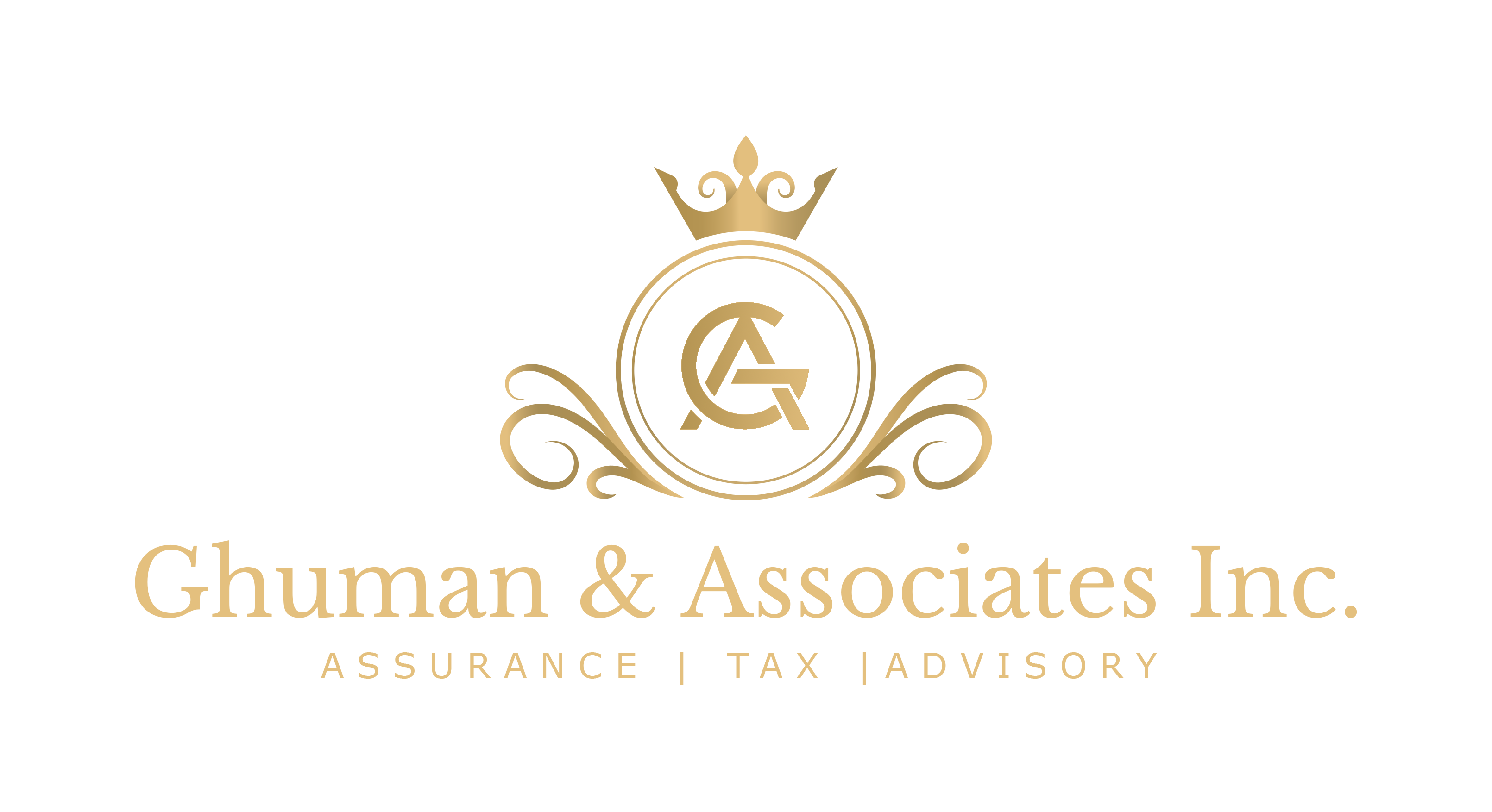Introduction to Family Trusts
A Family Trust is a separate entity managed by a trustee, which holds assets and generates income. While it offers tax benefits, there are also drawbacks such as filing obligations, setup costs and 21-Year rule. The complexity of the trust and the number of properties involved influence the setup fees, which can range from a few thousand to tens of thousands of Canadian dollars. Unlike corporations, which can exist indefinitely, a Family Trust must distribute assets to beneficiaries by its 21st anniversary. Failure to do so incurs tax consequences. While strategies can circumvent this rule, they can complicate matters. We emphasizes the importance of understanding these aspects before considering a Family Trust for tax optimization.
Capital Gain Tax Avoidance via Family Trust Property Transfer
Consider a scenario where a property is valued at $800,000. By transferring ownership to a Family Trust, you personally no longer own it. If you were to pass away, the property\’s appreciated value isn\’t subject to capital gain tax, as it\’s owned by the Family Trust entity. When you\’re no longer the trustee due to passing away, a successor trustee steps in according to your trust document.
Suppose the document specifies equal distribution between your daughter and son. They would each assume a purchase price of $225,000, totaling the original $450,000 invested in the property. Thus, no capital gain tax applies even though the property\’s value increased. While land transfer tax implications may arise, this approach defers income tax. Even if you initially purchased the property under the Family Trust, upon your passing, the beneficiaries (your children) inherit it at the original price. This strategy creates a tax deferral opportunity.
Utilizing Family Trusts for Estate Planning
Family Trusts hold significant value within the realm of Real Estate Investing. To revisit our previous example, let\’s consider Abby and Chilli. Abby, who owned a condo, unfortunately passed away in her 40s, leaving her assets, including co-owned properties with Chilli, in the hands of her husband. The potential tax burden for Chilli, especially with a substantial property portfolio of serval assets worth $7.5 million at age 40, escalating to $28 million by age 90, becomes evident. These properties, acquired at around $450,000 each, pose a \”rich people problem\” involving considerable capital gains taxes.
By age 90, Chilli\’s net assets amount to $22 million, with his property holdings valued at $2.7 million. The resulting $19 million capital gain triggers tax implications. Currently, only 50% of the capital gain is taxable, amounting to $9.6 million, subject to tax. Factoring in Capital Cost Allowance on the properties further contributes to a sizable taxable income of $11 million.
In this scenario, Chilli faces the challenge of managing substantial tax obligations, highlighting the potential benefits of incorporating a Family Trust into his estate planning strategy.
To delve further, let\’s analyze this using the same example explored above on deaths and taxes.
At the age of 90, tax liabilities can become substantial without proper planning. Without any tax mitigation measures, the tax liability under current rates and marginal tax brackets could reach $5.6 million—an immense concern.
An alternative approach is an estate freeze. By transferring assets to a Family Trust or a corporation owned by the Trust, the asset value is locked at the transfer date, as is the associated tax liability upon the individual\’s passing. This process involves transferring property shares directly to the Trust or a holding company, ensuring a fixed asset value and capital gain tax even in the future, regardless of the individual\’s time of passing.
Through an effective estate freeze, the property-holding company becomes owned by the Family Trust, with beneficiaries including children, grandchildren, or other family members. Additionally, arms-length individuals can be included as beneficiaries, offering flexibility.
The outcome is that future property appreciation—such as an increase from $800,000 to $1 million—can be transferred to the Family Trust and then distributed among beneficiaries, detached from the parents\’ ownership. The parents maintain ownership of the shares\’ value at the time of the transfer, i.e., the initial $450,000 investment. In this scenario, the $350,000 capital gain would become an asset held by the parents\’ shares. This arrangement provides clarity on future tax obligations, regardless of when they pass away—whether today, tomorrow, in a decade, or two.
By executing an estate freeze and having the Family Trust own corporate shares linked to underlying properties, the parents secure control over their assets and trust. This empowers them to distribute dividends among Family Trust beneficiaries as desired, offering considerable flexibility.
However, it\’s essential to consider individual circumstances. If the parents intend to liquidate all properties during their lifetime, or if their children have no interest in inheriting the real estate portfolio, setting up a Family Trust may not be beneficial. The decision should align with the taxpayer\’s unique situation.
Navigating Family Trusts isn\’t straightforward. To make informed choices and manage tax liability effectively, seeking advice from professionals who understand your circumstances is crucial.
If this article interests you and you would like someone to assess your personal situation please do not hesitate to contact us.





No comment yet, add your voice below!